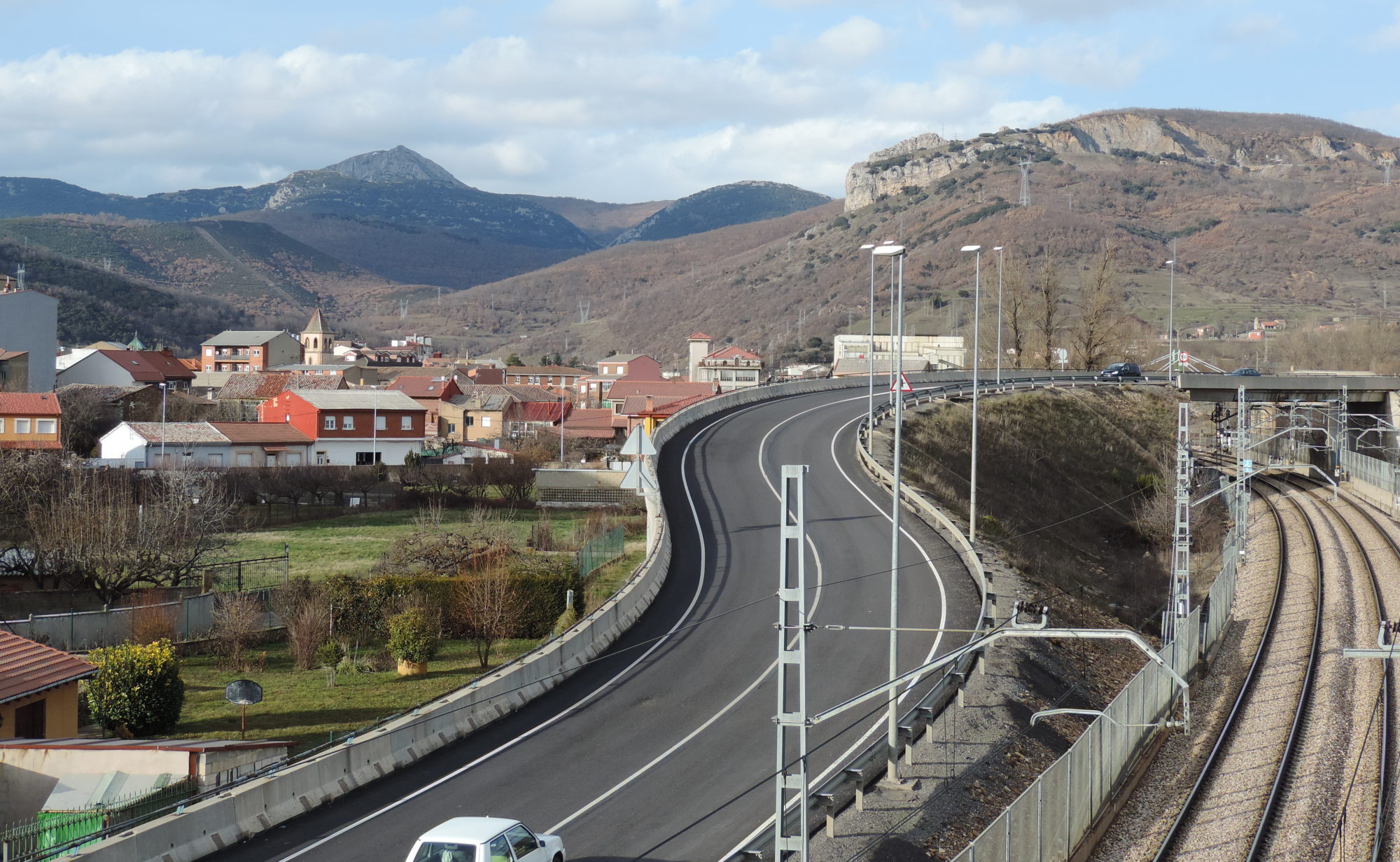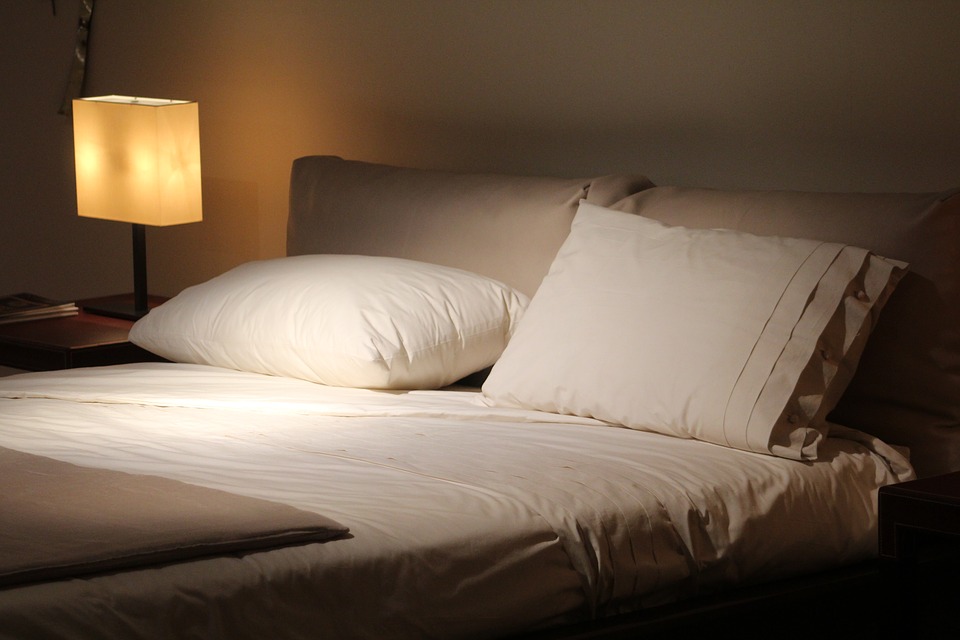
My apologies for the lack of posts since the last one in July. At first I was away in Bogotá, Colombia, for an international karate tournament. After that I was in recovery mode. However, I did not recover. I caught a hacking cough from somebody on my return flight, and only two weeks later have the symptoms flared up. That alone might be reason enough to delay a blog post, but the truth is that I got lazy. Due to my cough I didn’t sleep well, and because I always had poor sleep, I didn’t have the energy or motivation to do anything. That led to late nights binge-watching useless Youtube videos, which led to poor sleep. And so on and so on.
What does sleep quality have to do with journeys? Plenty, actually. First, getting good sleep is crucial to climbing over mountains, trekking through pouring rain, and asking the locals in their languages for help. Second, some of the best sleep I have ever had was during my pilgrimages. And third, there was no feeling like the one I had where I was wandering in the wilderness and wondering where I was going to lay my head that night.
The Best Sleep I Ever Had
Part 1 – The Journey to Sleep
During my pilgrimage in Spain I had a lot of great sleep. I don’t know if I will ever attain that level of restfulness and rejuvenation again. However, there was one memorable sleep I had during my pilgrimage in Italy. Of course, it is an extreme example, and not a good way to get good sleep every night, but it is instructive if you know what to look for.
After walking 33.9km across the flat fallow farmlands of northern Italy I arrived at the town of Fiorenzuola-d’Arda. Along the way I dealt with burning pains in my feet, the hard thumps of my boots against never ending asphalt, and a river crossing. By the time I arrived in town it was dark, and I just wanted a place to stay. Two hotels later I found a decent place with pink walls and a bed just for me.
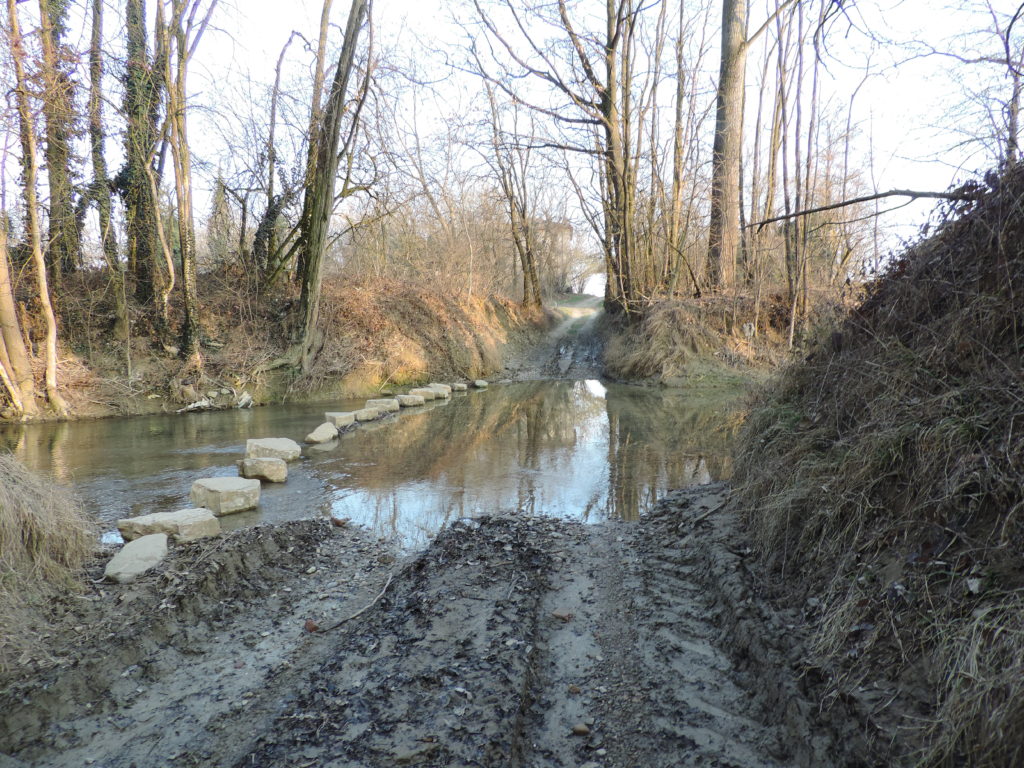
After unloading my things and resting my feet a bit I rummaged through the dark town for some grub. A beer, salad, and a whole spicy pizza later, I was ready for bed. At 10pm I was fast asleep.

Part 2 – Asleep and Awake
At 10am I awoke to a gentle rapping upon my door. I opened my eyes in shock, but did not move. I had no idea when or where I was! Looking around, nothing seemed familiar. The knocking only increased with every minute it took for me to realize I was in Italy on a long walk. Finally my mind pieced everything together: I had been asleep for 12 hours! I had probably laid upon my bed like a dead thing, not even twitching. My body just needed as much sleep as it could muster, and my mind had left the world of pain and weariness to find a more serene locale. No wonder I was dazed and confused upon waking.
The knocking eventually stopped, followed by extremely poor English telling me there was breakfast downstairs. I opened the door and thanked the housekeeper for letting me know, but really I was disappointed I could not sleep more. Not that I needed any more. I was awake, I was alert, and for the moment I was healed in mind, body, and spirit.
Quick Review: Sleeping More Soundly
As mentioned before, this is an extreme example. No one should walk 30km or journey in foreign lands just to get better sleep. And it doesn’t always work. Below are some of the many factors found on the Internet that can affect sleep. Some of these are serious enough that even my method cannot help you. And just so you know, none of this is medical advice. I’m not a doctor.
A) External Factors – Light exposure during the day, use of electronics (blue light exposure), uncomfortable temperatures (especially heat), loud and/or irritating noise.
B) Physical and Physiological Issues – An actual sleep disorder (e.g. sleep apnea), consuming certain items close to bedtime (e.g. alcohol, caffeine), poor sleeping position, poor mattress and pillow, general comfort of bedroom, level of weariness at appointed sleep time, eating large meals close to bedtime, are you sick (especially with symptoms that could disrupt your sleep, like coughing or excessive urination).
C) Timing – Is bedtime at a consistent time? Do you plan on waking up at the same time each day? Does the bedtime & wake time make sense with your current lifestyle and habits? Do you know how much sleep you actually need? How much sleep do you actually get? (if you are in bed for 8 hours, how much of that was actually sleeping versus thinking/rolling around/rearranging pillows/eyes closed but nothing happening).
D) Mental Issues – Stress and worries, thoughts floating around your head.
E) Pre-Sleep Habits – Do you have any routines before bed? Are there sources of stimuli active that you could diminish before you sleep? (e.g. children running around, TV/radio on in background).
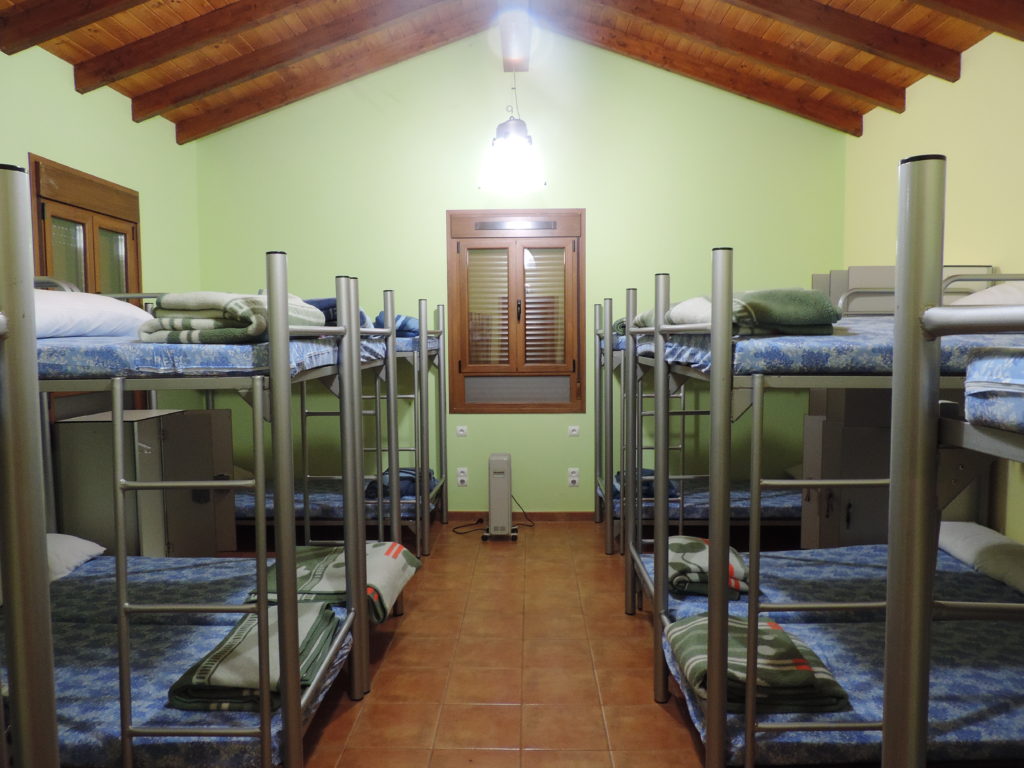
So What’s the Real Secret to Better Sleep?
It has something to do with D) Mental Issues and E) Pre-Sleep Habits. I know in my life there are nights when endless thoughts run through my head. Things I haven’t done, things that need doing, things I worry about, and things that bother me all float around in my grey matter. Those thoughts really cannot help you sleep better. In my tournament in Colombia, as usual for high-level events such as this one, I couldn’t stay asleep through the night. Different thoughts went through my head, from how I was going to punch people to if I was physically and mentally ready. This definitely relates to mental issues.
As for Pre-Sleep Habits, I’m not talking about meditation or writing in a journal, though those habits could help. No, I’m talking about more…successful actions. Yes, it is success that is the secret. If you live your life so that each day you accomplish something, you have a better chance of sleeping in peace. You won’t be bothered by your conscience, telling you that there are things yet to be done. Thoughts of tomorrow’s activities will be less likely to intrude uninvited into your mind.
How do I know this is the secret to better sleep? I don’t really know. This is all conjecture. But I have lots of experience with wondrous naps and fantastic sleeps, as well as horrible, no good sleeps.
How Does “Succeed to Sleep Better” Work?
Think about a day you had that was very hectic and busy. Maybe you wrote an important exam, or you were competing in some event. After the day was over, all you wanted to do was get into bed and sleep. And the result? Probably a good to great sleep, though you might not have even noticed.
Contrast this experience with a day where you did nothing. It doesn’t matter what “nothing” means to you, only that you didn’t do anything important or worthwhile. Maybe you binge watch Netflix all day and night, or you were “busy” collecting head shots on your favourite online FPS game. At some point you almost forced yourself to go to bed. The sleep afterwards was probably short and fitful. If you weren’t thinking about a myriad of things then you were probably tossing and turning in bed looking for the right spot to fall asleep – and not finding it.
My life these past two weeks were rather empty and full of fleeting pleasures. It should be no surprise that my sleeps had been compromised. I’m not even counting the persistent cough I’ve had for a week now. Being awoken by a dry cough two or three or four times in the night is not good for anyone, let alone a sad sack of a person. Is it any wonder that the stereotypical weed-smoking free-living hippie* always seems to look tired and depressed while successful people seem to have lots of energy even as they juggle a million tasks daily?
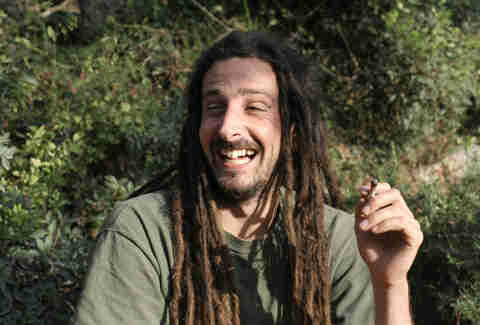
How to Use Success to Sleep Better?
First of all, you should make sure that your sleep issues are not coming from other sources. If you use a computer late into the night every night to play games, then you can probably just change your pre-sleep habits to tuning out electronics half an hour or an hour before you sleep, and sleep earlier. If you have sleep apnea or some other sleep disorder, you’re better off seeing a specialist. And so on.
Assuming you don’t have any outstanding sleep issues, we can move on. You don’t need to have a perfect sleep schedule or practice deep meditation; we just need to make sure there are no serious and obvious reasons why you can’t sleep well.
To get the most out of success as a sleep aid, we need to target something: 1) You will worry about as long as it remains incomplete, 2) that can actually be handled by you, and 3) You can get it done before sleeping.
Don’t keep yourself up all night because you can’t achieve world peace. In fact, don’t keep yourself up because you can’t achieve peace with one other person. If you can’t do something about it, you shouldn’t worry about it, even if it is important. Also, unless you have been putting them off for a while, doing repeating routine tasks like cleaning won’t help you feel successful. And if your success is completing a large project, you will need to break it up into smaller measurable parts so you can claim to have finished different sections each night.
So Where’s the Secret?
Ha ha, you got me. There is really no secret here, except to stop worrying and do some work every so often. But surprisingly, these are not considered tips for better sleep. When people think of relaxation they think of not doing anything, of lounging around watching TV or eating junk food. Having done that many times, I have come to the conclusion that this method of “recovery” is anything but. Meanwhile, their worries come out to grow in the fertile field of our minds.
So to recap, to get better sleep:
- Make sure you are not suffering from actual sleep-depriving issues, whether external or internal to you. If you can do something about them then work on them first. Plus, handling them will probably count as success, helping you sleep better!
- Have something in mind to accomplish. It’s best if this is something important, long term, and long overdue. Your subconscious will thank you for finally taking on that task it has been working on all this time. If it is a big project, pick a part of it to focus on, something you can do today.
- When you are done with it, don’t go to bed thinking about the next step of the project, or the next unfinished task at hand. Write those down instead. A journal could be handy here, or a task list. Either way, as long as you finished today’s problem today, there is no need to handle tomorrow’s problem today as well.
- If you are too busy to work on some long-incomplete task, then whatever you are working on is the task at hand. Life goes on for most of us, so we will have to deal with life’s problems when they come. Complete them, and be satisfied you handled them well.
I Hope We All Have Sweet Dreams
Well, that’s it for me! I finally finished a blog post, after nearly a month of neglect. Hopefully this means I can sleep with a clear mind and sound heart. I could use the sleep. This cold and fever is really getting to me, and I need to stop this downward spiral of ill health somewhere. I sincerely hope this will help you, and if you have any questions (or doubts), then by all means comment.
